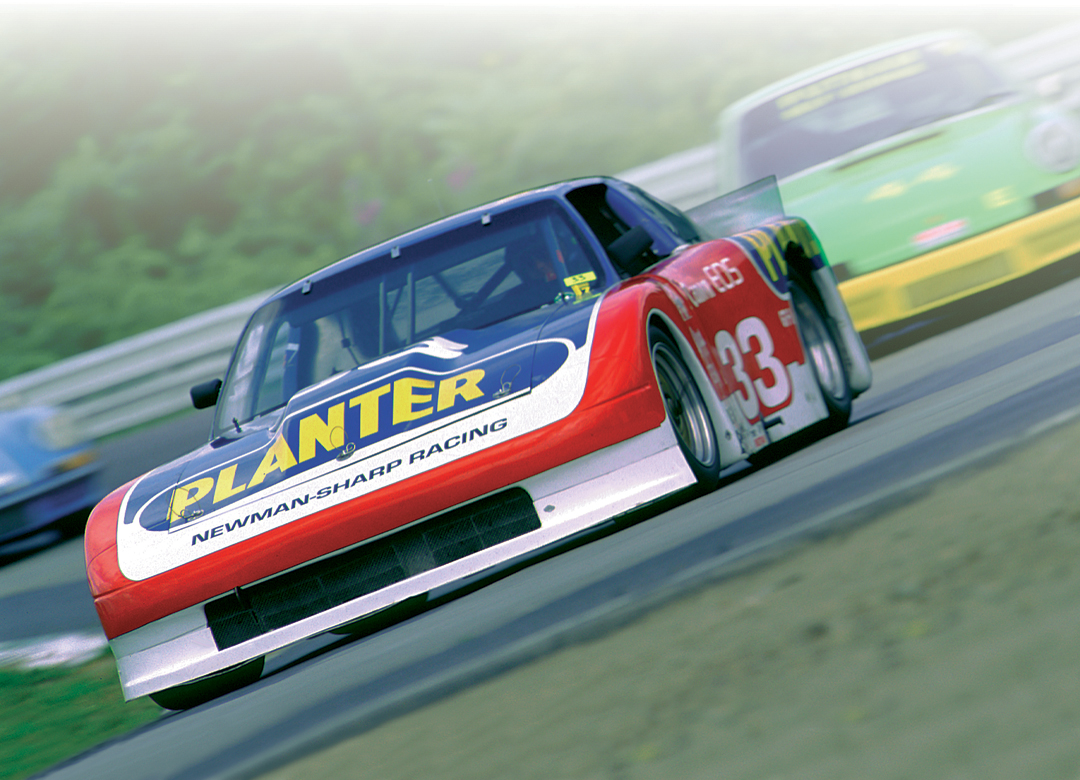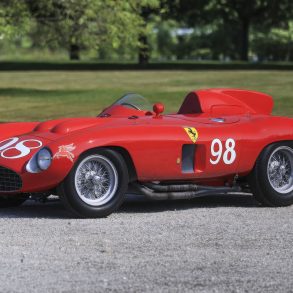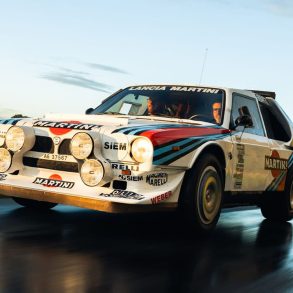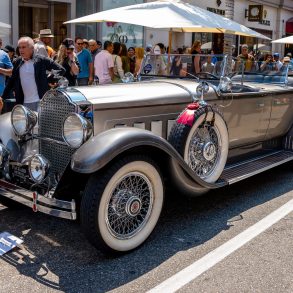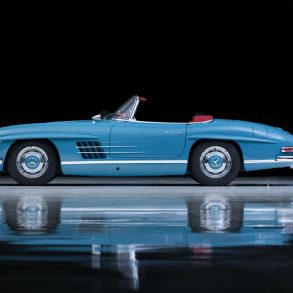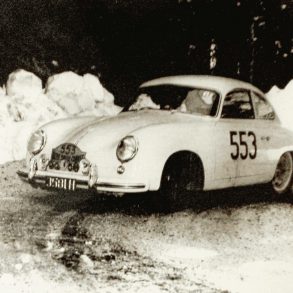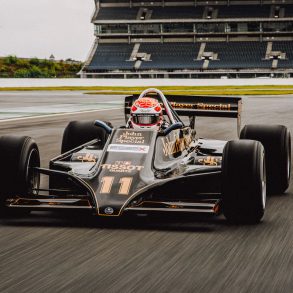Racing has lost a great friend with the passing of Academy Award–winning actor Paul Newman. Brought into the sport by his acting career, Newman discovered his attraction for it while making the motion picture Winning, in 1968, where he played all-rounder Frank Capua. The fire may have been lit during filming, but because of his heavy workload during those years—including Butch Cassidy and the Sundance Kid—he didn’t really get going until some four years later.
“I knew if I wanted to start something,” he once told me about those beginnings, “I’d really have to go at it, and for 15 years I just drove from May to October and never did a film; all I did was race.”
He explained his obvious fascination with the sport as simply, “It’s the first thing I ever found that I had any grace in; I’m not a very graceful person.” Whatever the attraction, it developed into a full-blown passion, and after earning his regional competition license in 1972 with a Lotus Elan, he bought an ex-Group 44 Triumph TR6 from Bob Tullius, with which, in 1976, he won the first of his four SCCA National Championships, taking home the D Production medal from the Valvoline Runoffs at Road Atlanta.
As ever, though, he was modest about his success. “I inherited that win, so it wasn’t until 1979, after I had hooked up with Bob Sharp and started running a C-Production Z-car, that I ran a good race and really won the championship.”
That was, of course, only four months after he’d finished 2nd overall at Le Mans in a Porsche 935 shared with Rolf Stommelen and Dick Barbour. Newman often said he would have liked to have done Le Mans more than just that once, but thereafter he let the lack of privacy evident at Le Circuit de la Sarthe deter his desire to drive there.
Back in the United States, he and neighbor Sharp moved into the Trans-Am, adding his name to the series’ victors list by winning at Brainerd in 1982 with a Datsun 280ZX Turbo. Four years later he added a second win, this time at his home track of Lime Rock in Sharp’s mighty Nissan 300ZX Turbo.
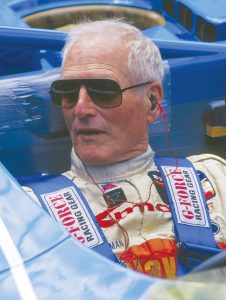
At the Rolex 24 at Daytona in 1995, he became the oldest driver to score a major professional race victory when, at age 70, he shared the GTS1-winning Roush Ford Mustang GTO with Tom Kendall, Mark Martin, and his old pal Mike Brockman.
As successful as his endeavors behind the wheel may have been, Newman truly came into his own as a car owner, first in the Can-Am and later in Indy cars. During the late ’70s and early ’80s, he fielded winning Can-Am cars in partnership with Bill Freeman for drivers such as Keke Rosberg, Teo Fabi, Bobby Rahal, Danny Sullivan, and Elliott Forbes-Robinson, but the best was still to come.
For the 1983 season, he entered into a partnership with Chicago racing entrepreneur Carl Haas that endured for the rest of his life. It began simply. “When I first ran my team in the Can-Am with Bill Freeman as my partner, Carl was the Lola distributor, and he would provide my Can-Am cars late, overweight and over budget! When he called me about starting an IndyCar team I was skeptical, but when he said our driver would be Mario Andretti, I said, ‘Where would you like to meet, and when?’”
Since that fateful day, the resultant Newman/Haas team (now known as Newman/Haas/Lanigan Racing, with the recent addition of partner Mike Lanigan) has amassed 107 victories and 107 pole positions to go with 8 series championships. The first of these came with Andretti in 1984, then with Mario’s son, Michael, in 1991, Englishman Nigel Mansell in 1993, Brazilian Cristiano da Matta in 2002, and Frenchman Sebastien Bourdais, who set a record of four straight titles between 2003 and 2006.
The team currently fields Briton Justin Wilson, winner of the IRL’s late-August round in Detroit and Bobby Rahal’s son Graham, who won the season’s second race in St. Petersburg, Florida. Interviewed by ESPN after winning in Detroit, Wilson turned directly into the camera and said, “This one’s for you, Paul.”
After being diagnosed with lung cancer, Newman curtailed his public appearances, but still maintained contact with his racing team. He turned up at Indianapolis during the month of May in recognition of the reconciliation that ended open-wheel racing’s 12-year civil war, and offered the following comment: “It’s good to be back. Reunification was absolutely necessary for both groups. It’s tragic that it didn’t happen sooner, but it’s good that it at least happened when it did. I think it’s going to be a great boost for everyone.”
Beyond his acting and racing careers, Newman was a generous philanthropist, and a fervent defender of American values, with his co-sponsorship of the PEN/Newman’s Own First Amendment Award—recognizing those who protect the First Amendment where the written word is concerned—but one example.
On the personal side, one of my many memories of Paul came one year when the SCCA’s World Challenge series was supporting CART’s PPG IndyCar World Series at Road America. I’d wandered down to my favorite watching spot, between the Armco and the spectator fence, driver’s right at Turn Five, and because that was where series sponsor PPG traditionally pitched its big hospitality tent I found, hanging over the chest-high spectator fence watching the action, Carl Haas’s partner. I walked up, extended my hand and, since he was driving in that series that year, asked, “Shouldn’t you be out there?” He responded, “No, I race tomorrow.” I don’t really remember the rest of the conversation, but we no doubt discussed his team’s chances in Sunday’s feature race and the ever-changing state of the sport. He was just another racing nut happy to be standing where he was.
To his wife of 50 years, Joanne, their daughters Nell, Lissy, and Clea, and all of his extended family in and out of the sport, we at Vintage Racecar offer our sincerest condolences.
by John Zimmermann


